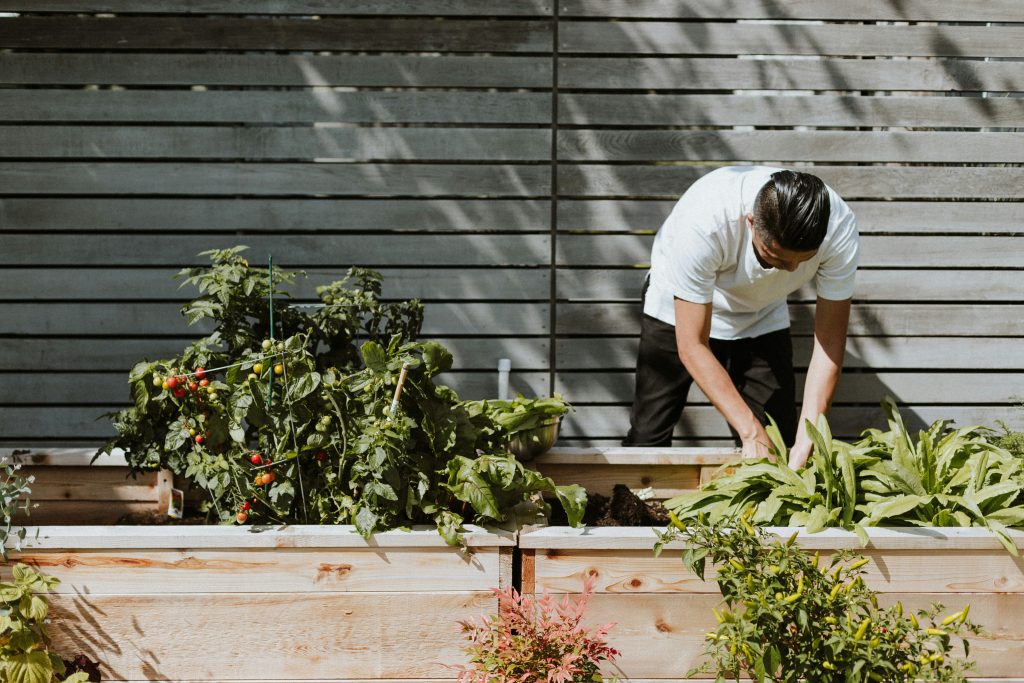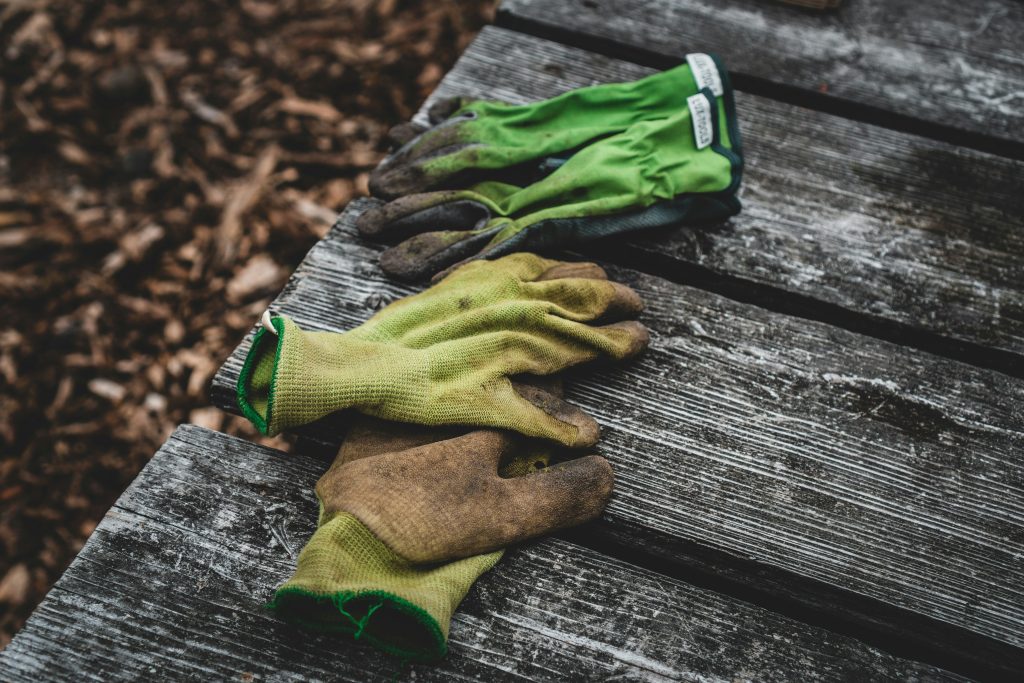
Photo sourced from Adobe Stock
Composting is a simple yet powerful way to reduce waste, enrich soil, and promote sustainable living. In this blog post, we’ll explore the art of composting, its environmental benefits, and practical tips for getting started.
Closing the Loop:
Composting is nature’s way of recycling organic matter, turning kitchen scraps, yard waste, and other organic materials into nutrient-rich soil amendments. By diverting organic waste from landfills, composting helps reduce greenhouse gas emissions and conserve valuable resources.
Gold Beneath Our Feet:
Compost is often referred to as “black gold” for its ability to improve soil structure, fertility, and water retention. Compost adds essential nutrients to the soil, enhances microbial activity, and suppresses plant diseases, leading to healthier, more productive gardens and landscapes.
Composting 101:
Getting started with composting is easier than you might think. All you need is a compost bin or pile, a mix of organic materials, and a little patience. Key ingredients for successful composting include green materials (such as fruit and vegetable scraps) for nitrogen, brown materials (such as leaves and cardboard) for carbon, and plenty of oxygen and moisture.
Tips for Success:
To ensure successful composting, it’s important to maintain the right balance of ingredients, aerate the compost pile regularly, and keep it moist but not waterlogged. Turning the compost regularly helps speed up the decomposition process and produce finished compost faster.
By embracing the art of composting, we can transform waste into wealth, nourishing our soils, and enriching our lives. Whether you’re a gardener, homeowner, or environmental enthusiast, composting offers a simple yet impactful way to live more sustainably and reconnect with the natural world.



